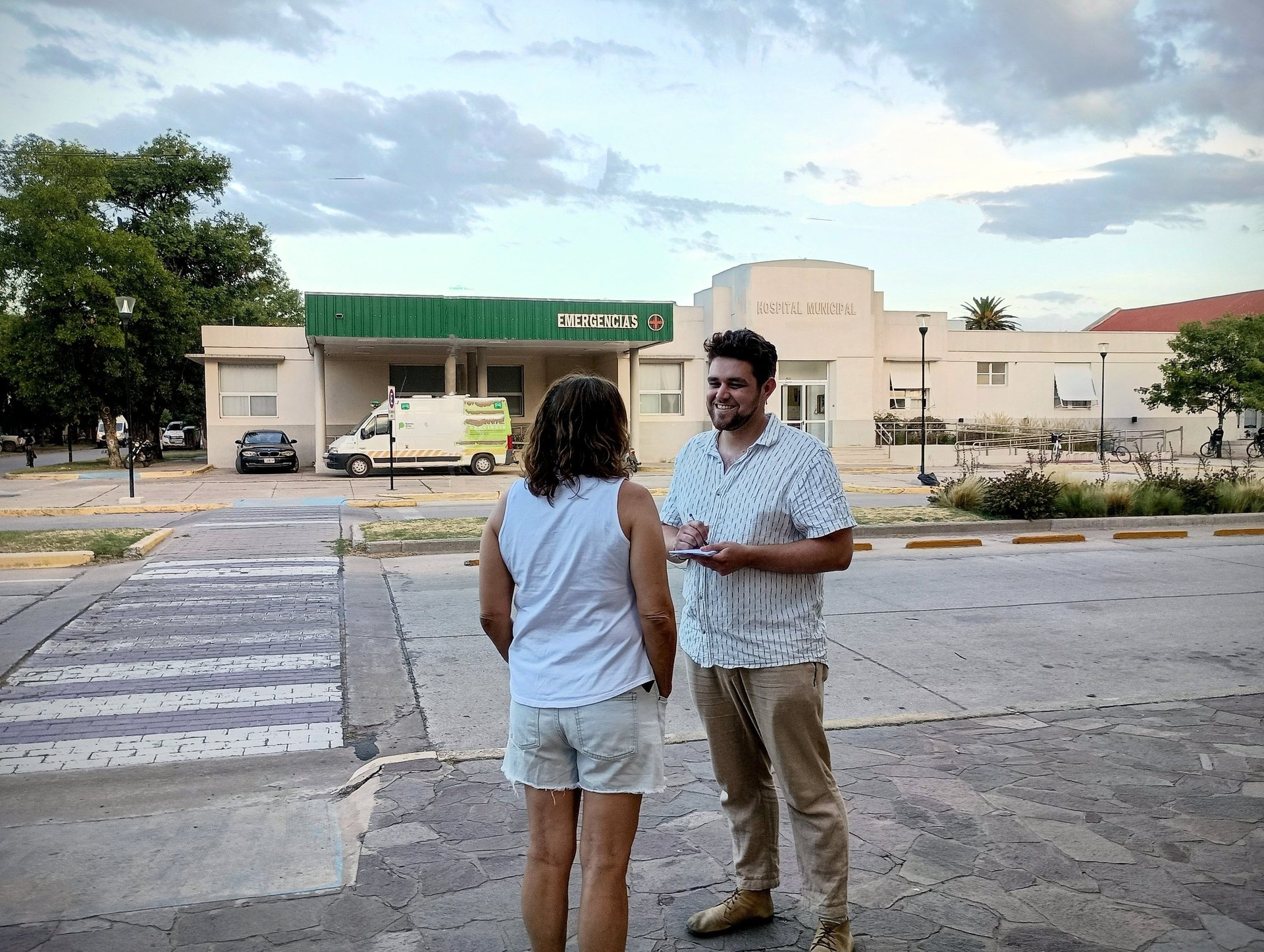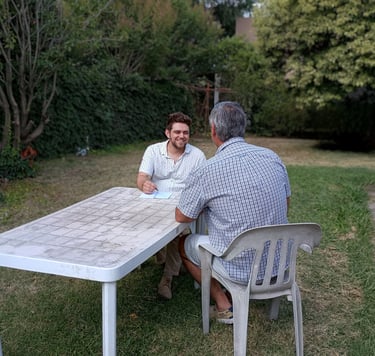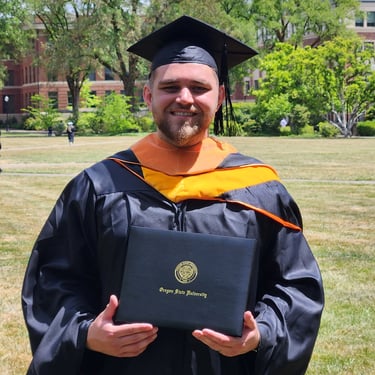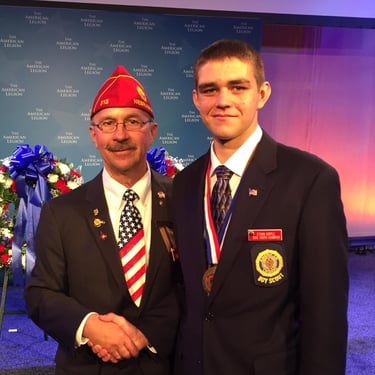
Ethan Lee Copple, Ph.D.
Showcasing research, writing, and insights.
Hello, I’m Ethan Copple, a systems scientist with a background in industrial engineering and anthropology. I focus on turning complex systems into clearer, more adaptable ones. I bring a human-technical approach to operations, supply chains, and industrial strategy, applying systems modeling, network analysis, and metric design to improve decision-making in high-stakes environments.
At the center of my work is a commitment to counteracting entropy, the drift toward disorder that undermines performance across everything from factory floors to healthcare systems. I build frameworks and metrics that help organizations regain structure, resilience, and the ability to adapt under uncertainty.
Most recently, I led research in Argentina examining healthcare delivery as a supply chain problem, mapping infrastructure gaps, policy constraints, and stakeholder networks to guide more effective interventions. The methods developed there, including measuring system adaptability and modeling complexity emergence, translate directly to industrial strategy, manufacturing operations, and supply chain resilience.
I specialize in transdisciplinary problem-solving, bridging the rigor of engineering with the insight of social science to close the gap between technical optimization and human realities. The same coordination and infrastructure challenges I’ve studied in healthcare mirror those shaping the future of U.S. industry. I’m drawn to roles that unite systems-level vision with operational action, and I’m looking to bring that mindset to teams building the industrial foundations of the future.
I received my Ph.D. in Industrial Engineering in September 2025, and I’m seeking opportunities to apply my systems expertise to industrial operations, defense supply chains, and reshoring strategy. I’d love to connect about how this approach might strengthen your work.
Translating Human & Technical Systems Research into Operational Strategy


Translating Human & Technical Systems Research into Strategy that Fights Entropy
Bio
Ethan Copple, Ph.D. is a systems scientist and National Science Foundation Graduate Research Fellow in Industrial Engineering at Oregon State University, specializing in the intersection of systems modeling, human factors, and organizational strategy.
His work integrates quantitative modeling and qualitative insight to make complexity measurable and actionable, helping organizations understand how people, policies, and infrastructure interact to shape performance. Copple’s recent research in the Province of Buenos Aires, Argentina analyzed healthcare delivery as a supply chain system, developing new metrics for adaptability and structural complexity to guide more effective policy and operational interventions.
Beyond healthcare, his methods have broad applications in industrial strategy, supply chain resilience, and manufacturing operations, where similar coordination, infrastructure, and workforce dynamics determine system performance.
Copple holds dual M.S. degrees in Applied Anthropology and Industrial Engineering from Oregon State University and dual B.S. degrees in Anthropology and Industrial and Manufacturing Systems Engineering from Kansas State University. His work reflects a commitment to bridging human and technical systems, translating rigorous research into strategies that strengthen organizational adaptability and industrial resilience.
Key Highlights
Education
Ph.D. Industrial Engineering, Oregon State University
M.S. Applied Anthropology and Industrial Engineering, Oregon State University
B.S. Anthropology, B.S. Industrial and Manufacturing Systems Engineering, Kansas State University
Research Highlights
Case Study: Healthcare Delivery in the Province of Buenos Aires, Argentina.
Developed a transdisciplinary systems approach integrating engineering and anthropology to analyze complex systems and optimize decision-making.
Designed and implemented a novel metrics to quantify the changeability and complexities of systemic to guide strategic decision-making in operations, logistics, and supply chain management.
Conducted network analysis and modeling to identify key leverage points for improving system efficiency and reducing barriers to healthcare delivery.
Major Awards
2022 National Science Foundation Graduate Research Fellow
2021 & 2022 Evans Family Humanitarian Engineering Fellow
2015 American Legion National Eagle Scout of the Year





